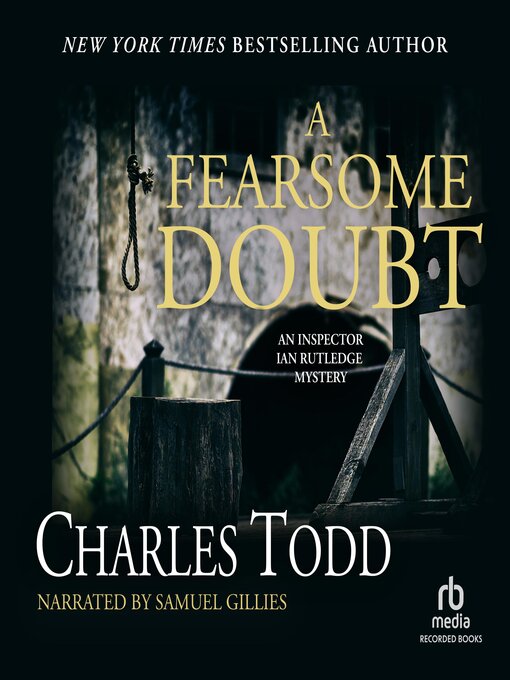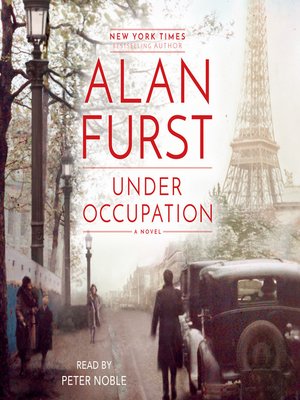In response to my last post, Meaningful Numbers, I got this link from a reader. It will take you to a map that shows, on a county-by-county basis (and we all know how I feel about counties) what your chances are of coming into contact to a corona virus carrier at large in your community.
https://covid19risk.biosci.gatech.edu/
In using this tool, you should note the slide bar at the lower left, allowing you to view risk scaled to the size of the gathering you are contemplating attending. You should also note that the data assumes there are ten times as many infected people than are reported in official figures. I wouldn't have doubted that figure a few months ago, before widespread testing became available. Even now, the public's indifference to getting tested, even here in San Antonio, where testing is free and easy, leads me to think that ten times the reported figure probably isn't off by much; and it's best to err on the side of caution in this case.
If you're thinking of going where there'll be a number of other people, a place where social distancing will be difficult, unlikely or impossible, that web site will help you make an informed decision as to the risk it entails. But you should also remember that, if you go, and you're exposed, there is still the After-Time to think about: a time when you will return to the company of your loved ones, when you may yourself be the infected one, when you will be the source of illness and death for everyone around you.

 The audio books we've listened to on this trip were Reasonable Doubt, by Charles Todd -- a whodunit set in England in the 1920s; Murder in Mayfair, by D.M Quincy, a disposable mystery set in London in 1814, most remarkable for making almost no mention of any historical figures or events (I believe the name Napoleon came up once, but that's pretty much it; what's the point of "historical fiction" if you're not going to tie it into anything that makes a time unique or interesting?); Blue Moon, by Lee Child, an entertaining action story set in some unnamed American city, and featuring his crime-fighting hero Jack Reacher (I couldn't believe my luck when I found there was a Reacher novel I'd never read or listened to); The Evil Men Do, by John McMahon, another present-day crime thriller set in Georgia -- these novels make me wonder: when did fictional detectives quit being idiosyncratic, like Poirot and Marple and Queen and Stout, and instead all become flawed? Is anybody else tired of hearing about how the detective has to not only solve the crime but overcome alcoholism and the demons in their past all at the same time? That's not to say McMahon's book wasn't interesting -- it was -- but after a few of these novels they all start to feel formulaic. (On the other hand, there's Jack Heath's detective Timothy Blake, a cannibal who savors his flaws.) We also started Alan Furst's novel Under Occupation, a spy thriller set in occupied France, but didn't finish it. Usually we just abandon whatever we were listening to when we get home, but this one's not very long and I'm enjoying it, so I'm going to listen to the rest of it on my own.
The audio books we've listened to on this trip were Reasonable Doubt, by Charles Todd -- a whodunit set in England in the 1920s; Murder in Mayfair, by D.M Quincy, a disposable mystery set in London in 1814, most remarkable for making almost no mention of any historical figures or events (I believe the name Napoleon came up once, but that's pretty much it; what's the point of "historical fiction" if you're not going to tie it into anything that makes a time unique or interesting?); Blue Moon, by Lee Child, an entertaining action story set in some unnamed American city, and featuring his crime-fighting hero Jack Reacher (I couldn't believe my luck when I found there was a Reacher novel I'd never read or listened to); The Evil Men Do, by John McMahon, another present-day crime thriller set in Georgia -- these novels make me wonder: when did fictional detectives quit being idiosyncratic, like Poirot and Marple and Queen and Stout, and instead all become flawed? Is anybody else tired of hearing about how the detective has to not only solve the crime but overcome alcoholism and the demons in their past all at the same time? That's not to say McMahon's book wasn't interesting -- it was -- but after a few of these novels they all start to feel formulaic. (On the other hand, there's Jack Heath's detective Timothy Blake, a cannibal who savors his flaws.) We also started Alan Furst's novel Under Occupation, a spy thriller set in occupied France, but didn't finish it. Usually we just abandon whatever we were listening to when we get home, but this one's not very long and I'm enjoying it, so I'm going to listen to the rest of it on my own.